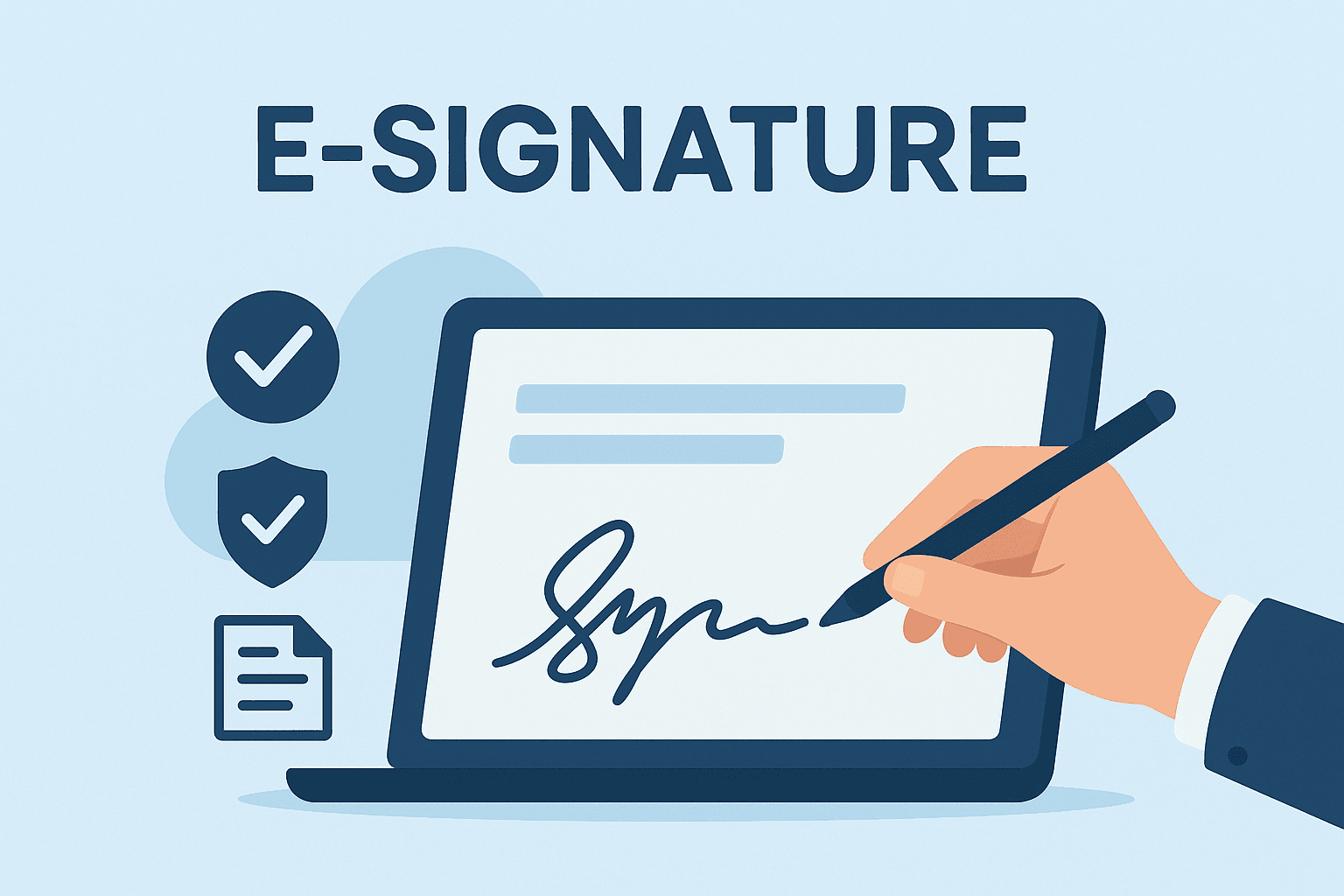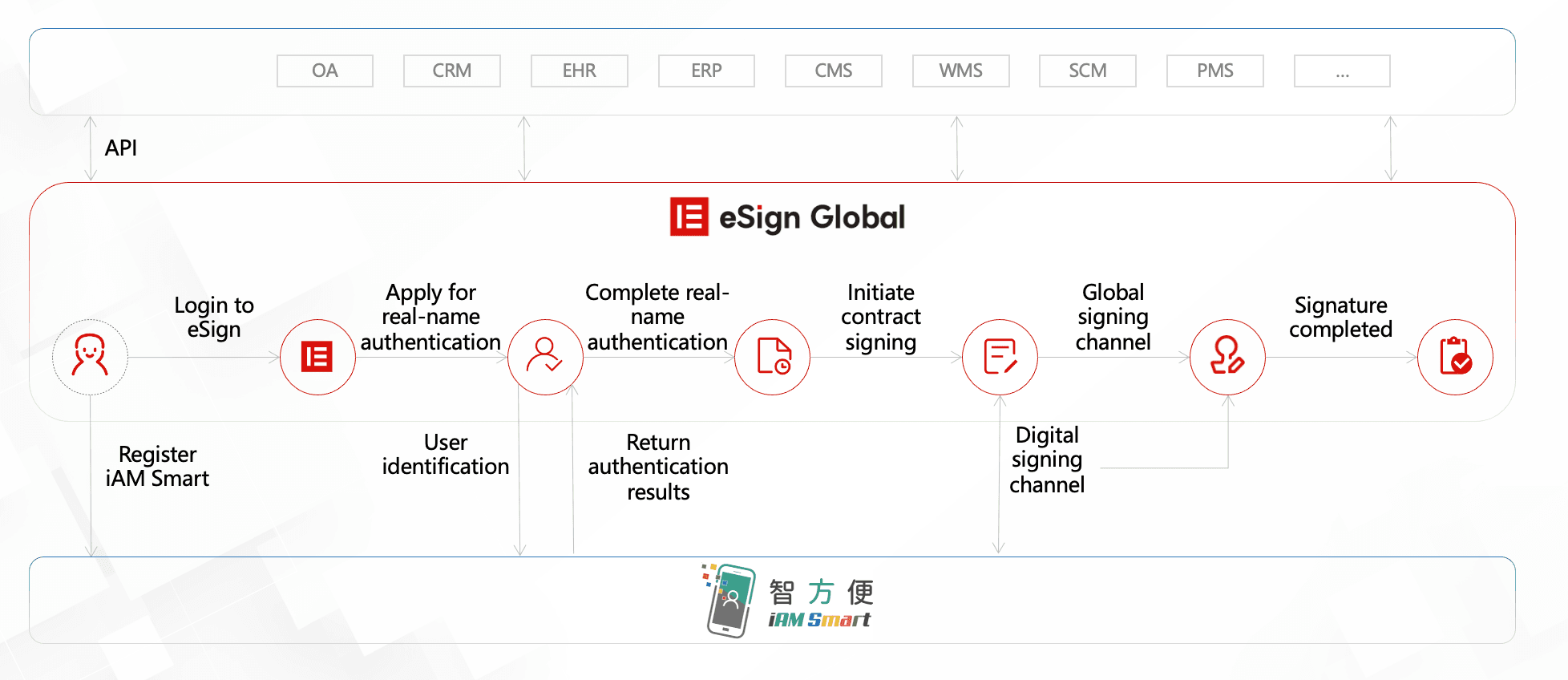are electronic signatures legal in america





Are Electronic Signatures Legal in America?
In today’s fast-paced digital world, more businesses are turning to electronic solutions to streamline their operations. One question that often arises when transitioning from paper to digital is: Are electronic signatures legal in America? Fortunately, the answer is a resounding yes—electronic signatures are legal and binding throughout the United States, backed by federal and state legislation.
Understanding the legal framework and requirements behind e-signatures is crucial for businesses and individuals who want to ensure compliance, especially when dealing with contracts, real estate agreements, or government filings.
What Is an Electronic Signature?
An electronic signature, or e-signature, is defined as an electronic method of indicating agreement to the contents of a document. This could include typing your name, clicking an “I agree” button, or using a stylus or finger on a touchscreen.
E-signatures are not to be confused with digital signatures, which are a subset of electronic signatures. Digital signatures involve encryption and digital certificates to verify authenticity and integrity of the document.

Legal Foundation of Electronic Signatures in the U.S.
Two primary laws govern the use and legality of electronic signatures in the United States:
1. ESIGN Act (Electronic Signatures in Global and National Commerce Act) – Federal Law
Passed in 2000, the ESIGN Act grants electronic signatures the same legal standing as handwritten ones across all states and U.S. territories when federal law applies. This act paved the way for digital transactions by confirming that:
- A contract or signature “may not be denied legal effect, validity, or enforceability solely because it is in electronic form.”
- For the ESIGN Act to apply, both parties must consent to conduct business electronically.
- Records must be retained and accessible for future reference.
2. UETA (Uniform Electronic Transactions Act) – State Law
While the ESIGN Act handles federal-level transactions, most U.S. states have adopted the UETA, originally developed by the Uniform Law Commission. As of 2024, 47 states, the District of Columbia, Puerto Rico, and the U.S. Virgin Islands have adopted UETA, with three states adopting similar laws instead.
Under UETA, an electronic signature is considered legally effective if:
- There is intent to sign.
- Both parties agree to use electronic records or signatures.
- The system used to capture the signature is capable of verifying authenticity (an audit trail helps here).
This dual-layered backbone ensures that electronic signatures carry the same weight as wet ink signatures in both national and local transactions.
Are Electronic Signatures Enforceable?
Yes. Courts in the U.S. have consistently upheld electronic signatures, provided they meet the basic requirements:
- Intent to sign
- Clear record-keeping
- Consent of all involved parties
- Association of the signature with the specific document
Often, electronic signature platforms meet these criteria through multi-step authentication, timestamp logs, IP tracking, and certificate of completion.

One notable case that underscores this is Barwick v. GEICO, where the court upheld that electronically accepted terms—including clicking “I Agree”—constituted a binding contract.
Are There Exceptions?
While e-signatures are generally valid, certain types of documents are excluded from being signed electronically, depending on jurisdiction. These include:
- Wills and testamentary trusts
- Family law documents (e.g., divorce decrees or court filings)
- Court-related documents (some courts may require wet signatures)
- Evictions and foreclosures
- Certain transactions governed by the Uniform Commercial Code (UCC), especially involving negotiable instruments
Always check your local state laws or consult legal counsel for clarification on exceptions.
Why Do Businesses Prefer Electronic Signatures?
Beyond legality, there are many practical advantages to using electronic signatures:
- Speed: Sign documents in minutes instead of days.
- Cost Efficiency: Save on printing, mailing, and storage.
- Security: Features like encryption and audit trails offer better protection than traditional ink signatures.
- Convenience: Sign from anywhere, on any device.

Due to these benefits, industries such as real estate, healthcare, finance, and legal services have widely adopted electronic signatures as a standard in their operations.
How Courts and Local Regulators View E-Signatures
Many local jurisdictions and regulatory bodies are now encouraging digital adoption. For instance, real estate contracts in California and Texas commonly use e-signatures as standard practice. The IRS also accepts certain electronically signed forms, enhancing convenience for taxpayers and professionals.
It’s worth noting that local terminology and compliance requirements still matter. Each state might have its own digital signature validation provisions or retention policies, so it’s essential to ensure the platform you’re using complies with both ESIGN and UETA regulations and local nuances.
What Should You Look for in an E-Signature Solution?
Choosing a compliant and reliable electronic signature platform is crucial. Here are some key features to consider:
- Adherence to ESIGN and UETA requirements
- Secure identity verification protocols
- Audit trails and logs
- Document encryption
- Multi-language support (for cross-border transactions)
- Cloud storage and backup options

That’s where regionally compliant solutions shine—especially for those operating across borders.
For Users in Hong Kong and Southeast Asia: Choose Regionally Compliant Alternatives
While U.S.-based platforms like Adobe Sign or DocuSign are powerful, users in Hong Kong and Southeast Asia may face issues with data localization, compliance, or government regulation.
For this reason, regional users should consider eSignGlobal, a secure, easy-to-use electronic signature solution that complies with local data protection and e-signature laws. It’s an excellent alternative to international giants like DocuSign, providing:
- Full ESIGN & UETA support for U.S. compliance
- Alignment with Hong Kong’s Electronic Transactions Ordinance (ETO)
- Support for ASEAN frameworks and local compliance (e.g., Singapore’s ETA)

Final Thoughts
To answer the core question: Yes, electronic signatures are legal in America. The existence of the ESIGN Act and UETA ensures that electronic signing is just as valid and binding as the traditional method — as long as consent, intent, and recording protocols are followed.
As global business environments evolve, so too does the importance of adopting localized e-signature tools that comply with both international and regional laws. Whether you’re in the U.S., Hong Kong, or Southeast Asia, investing in the right platform can make digital transformation smoother—and legally sound.

 Only business email allowed
Only business email allowed


